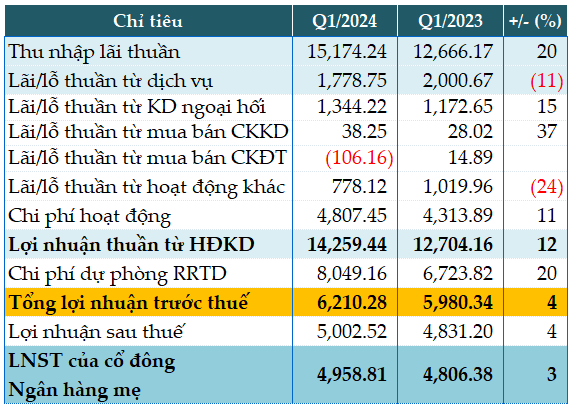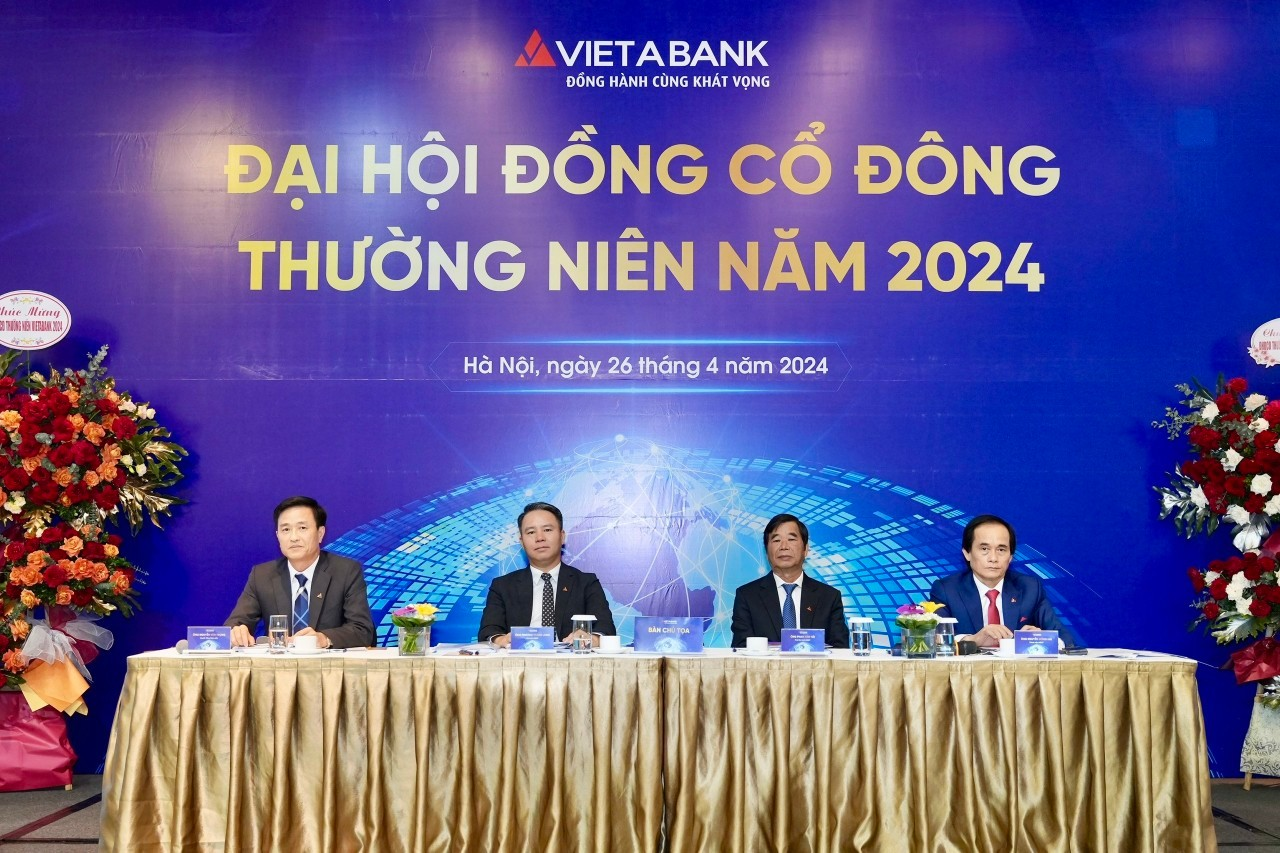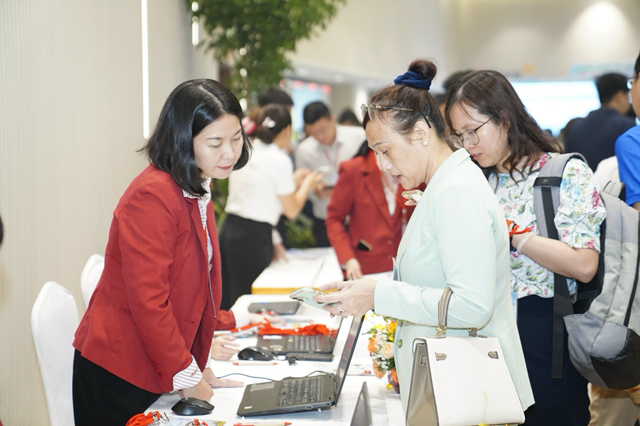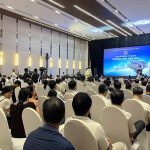On the evening of March 21, 2024, the Ministry of Agriculture and Rural Development organized a press conference to inform about the results of the national conference mobilizing resources to implement agriculture-friendly solutions in the Mekong Delta.
According to estimates, the funding support from investment funds alone is about $600 million to promote agriculture-friendly practices. The World Bank is preparing to support the High-quality Rice Project in the Mekong Delta with funding ranging from $400-500 million.
NATURAL-BASED, PEOPLE-CENTERED
Mr. Nguyen Do Anh Tuan, Head of the International Cooperation Department (Ministry of Agriculture and Rural Development), said that the conference was attended by about 300 delegates from ministries, departments, 13 provinces, and cities in the Mekong Delta, domestic agencies, financial organizations, international development partners, international and domestic private enterprises, and industry associations.
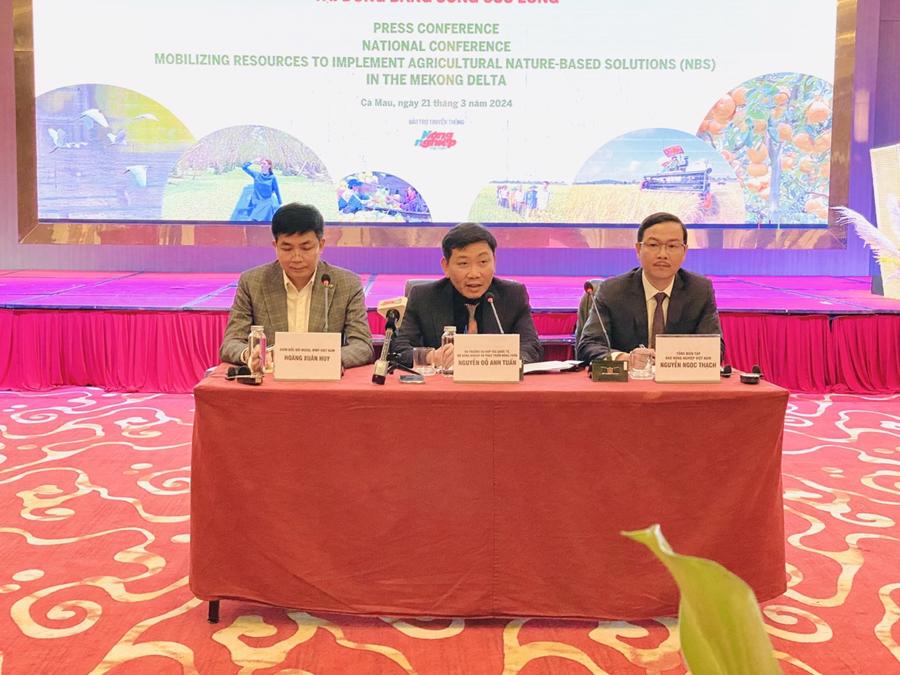
The conference is Vietnam’s concrete action to implement the United Nations Framework Convention on Climate Change (COP26 and COP28). At the same time, it affirms the responsibility of Vietnam in general and the agricultural sector in particular in coping with climate change, restoring nature, and making it the highest priority in all development policies, the highest ethical standard for all levels, sectors, businesses, and people.
“Agriculture-friendly is not about doing nothing, but about the process of adapting and harmonizing human with nature in a controlled manner according to the laws of nature to bring benefits to humans and protect the ecosystem.”
Mr. Nguyen Do Anh Tuan – Head of the International Cooperation Department (Ministry of Agriculture and Rural Development).
With the viewpoint that “All actions to cope with climate change must be based on nature, people-centered, and sustainable development”, stated by the Prime Minister at COP26, this will continue to be the guiding principle and action slogan for all levels of government, people, and will be associated with Resolution 120/NQ-CP on Sustainable Development of the Mekong Delta in response to climate change, also known as the “Agriculture-friendly Resolution”.
“At this very moment, the people of the Mekong Delta are facing severe saltwater intrusion, affecting production and livelihoods. Therefore, coping with climate change through agriculture-friendly solutions is an urgent requirement, not only for the livelihood of 20 million people in the Mekong Delta but also for global responsibility,” emphasized Mr. Tuan.
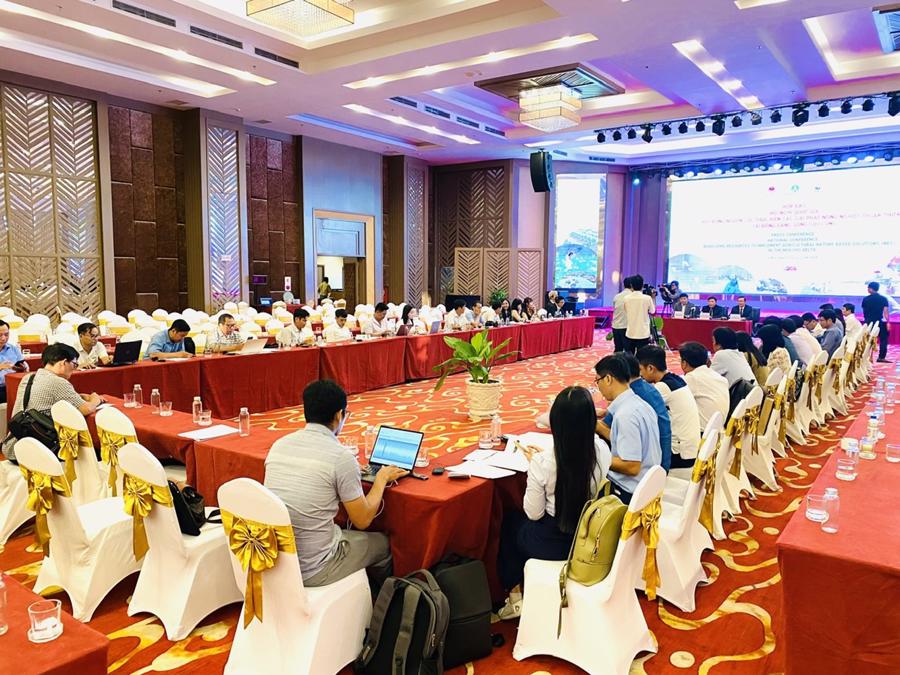
Highlighting the outstanding achievements after the conference, Mr. Tuan said that first and foremost, the conference has inspired all components of society, especially the millions of people in the Mekong Delta who are looking forward to the development of agriculture-friendly practices.
In addition, through this conference, the image of the Mekong Delta has been connected to the world, connecting the present with the past and the present with a sustainable future for the region.
The conference also received support from many partners. They will be valuable resources for the Mekong Delta in the context of limited budget. It is estimated that funding support from investment funds alone is about $600 million to promote agriculture-friendly practices.
In addition, there is infrastructure support from many partners, such as the Mekong Delta Resilience and Integrated Adaptation Project (MERIT), which has an investment component of about $200 million for climate resilience infrastructure.
The World Bank is also preparing to support the High-quality Rice Project in the Mekong Delta with funding ranging from $400-500 million. The Asian Development Bank is supporting $16 million and a loan to restore mangrove forests in the Mekong Delta.
CREATING A COMMON PLAYGROUND FOR ALL PARTNERS
In regards to the direction and strategy of the Ministry of Agriculture and Rural Development to implement agriculture-friendly projects in the Mekong Delta after mobilizing resources from international organizations, Mr. Nguyen Do Anh Tuan said that the approach of the Ministry of Agriculture and Rural Development when working with international organizations is to provide visions and principles when supporting investment in agriculture-friendly practices.
Based on these principles, a common playground will be created for all development partners, international organizations operating in Vietnam. From there, the agriculture-friendly projects will be implemented in the best possible way.
“The general market trend will impose new standards, such as no deforestation, low carbon. In the future, there will be requirements for agriculture-friendly products. The market will force us to follow that trend, if we don’t, we will be eliminated from the game.”
Mr. Nguyen Do Anh Tuan – Head of the International Cooperation Department (Ministry of Agriculture and Rural Development).
Each project has its own independent operation mechanism, aiming towards a common goal of sharing with other projects and localities, businesses. The International Cooperation Department will coordinate with relevant ministries to help partners prepare and implement projects quickly and efficiently in practice.
Mr. Christopher Howe – Director of the Mekong Delta Landscape of the World Wide Fund for Nature in Vietnam (WWF-Vietnam) assessed: The potential for developing agriculture-friendly practices in crop cultivation and aquaculture in the Mekong Delta is huge. However, the income from agriculture-friendly models is not yet high.
“We must build small models, and then scale them up, create regional linkages, develop a special market, agriculture-friendly products market, and agriculture-friendly consumers. With this approach, we will create large-scale models that bring more benefits to communities, create an agriculture-friendly culture,” Mr. Christopher Howe suggested.
WWF and its partners have been implementing pilot solutions in the Mekong Delta, such as the rice-fish, rice-shrimp, rice-lotus, shrimp-mangrove, shrimp-rice intercropping models… with specific economic benefits while still conserving biodiversity and the ecological environment.
Based on the initial results achieved, Mr. Christopher Howe affirmed: “WWF is ready to share this model with partners, to expand the scale to protect the environment, preserve biodiversity and protect the mangrove ecological environment, contributing to the development of sustainable agriculture, ensuring the health of humans and nature.





















